This post may contain affiliate links. If you make a purchase through a link, I may receive a small commission, at no cost to you. These commissions help keep this website up and running, and I thank you for your support. Read my full disclosure here.
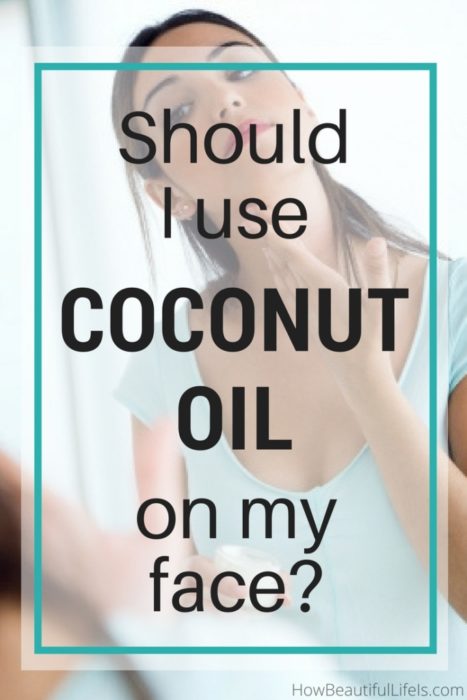
I’m a big fan of coconut oil. I use it for high temperature cooking, as a butter replacement when I’m baking for my vegan friends, as a hair mask for taming my frizzy, curly hair, as a treatment for my scaly, dandruff scalp, and in my home made body butter. It is an amazingly hydrating product, however, most people don’t know that coconut oil has a high comedogenic rating, and therefore isn’t recommended for use on the face.
What’s a comedogenicity you ask? It’s a rating that is based on the degree to which the oil is likely to clog your pores. In simpler terms, oils with a high comedogenic rating have a significant chance of causing or aggravating acne and blackheads. Whereas non-comedogenic oils are much less likely to cause these problems. A comedogenic rating of 0 is referred to as non-comedogenic, which means it won’t clog your pores. Whereas the highest comedogenic rating of 5 means it has a very high risk of causing clogged pores, which leads to blackheads and acne. Coconut oil has a high comedogenic rating of 4, which means that most people will experience breakouts when using it, particularly on acne prone areas like the face.
One of the main causes of acne is excess oil. Coconut oil is occlusive and hydrates by trapping moisture beneath the skin, leading to pores becoming blocked by excess sebum (skin oil), which leads to blackheads and pimples. Consequently, for most people, rubbing coconut oil on their facial skin can lead to clogged pores, and ultimately inflammation and breakouts. Because of this, I would not recommend using coconut oil on your face. Although some people may tolerate it, many don’t, particularly those with oily skin and prone to acne.
Does This Mean That We Shouldn’t Use Coconut Oil on Our Skin?
Coconut oil is an excellent moisturiser. It smooths and hydrates the skin and creates a moisturising protective barrier that prevents water loss, which can be very good for dry skin. It is also made up of a unique combination of fatty acids; including lauric acid, which has a way of penetrating the skin that other oils don’t. I love to use it on my body, particularly during cold, dry winters, and during summer when I’ve been out in the sun and swimming in the ocean. I have not had any problems with breakouts on my body. However, my face is prone to breakouts, so I am always careful not to apply it to my face. If you have areas of the body that is prone to acne such as your back or chest, then don’t use it on these areas.
What Oils Can I Use on My Face?
Don’t let this put you off using oils on your face, because there are lots of oils that are non-comedogenic and are really great to use, even for those with acne prone skin. In fact, facial oils have become really popular in recent years. Our skin actually needs oil in order to form a protective barrier for the skin, and there are other benefits as well. Oils can soften fine lines, plump skin, and fade dark spots and scars. For those of you that struggle with acne and/or oily skin, you will be surprised to learn that using the right blend of oils may actually benefit your skin.
Recommended Oils for Dry and/or Ageing Skin
Rosehip oil: Rosehip oil comes from the South African rosebush seeds, and is rich in fatty acids, linoleic acid, and Vitamin C and A. It easily absorbs into the skin, won’t leave a thick greasy layer, and is usually non-irritating. It’s great for smoothing fine lines and wrinkles and moisturising dry skin.
Cosmetic Argan oil: I fell in love with argan oil after purchasing some whilst holidaying in Morocco. Argan oil comes from the argan tree’s nut and is rich fatty acids, vitamin E and A, and antioxidants, all of which beautifully hydrate skin, soften fine lines, plump skin, and fade dark spots and scars.
Recommended Oils for Acne Prone Skin
Jojoba oil: This is a great one for those with acne, however, it can cause a ‘purge’ which is where the skin gets worse for several weeks before getting better and seeing the benefits. It’s also great for anti-ageing.
Sweet almond oil: Suitable for dry skin, sensitive skin and also acne prone. Sweet almond is also quite affordable compared to some of these other oils, so perfect if you are on a tight budget.
Grape seed oil: Rich in Vitamin E, grape seed moisturises and reduces inflammation and redness so is a great for those with acne. This is also a great option for those looking for a lighter oil.
Apricot kernel oil: Its anti-inflammatory, anti-bacterial properties make it a good choice for those with acne and dry skin. It’s also anti-ageing and has anti-oxidant properties.
Hemp seed oil: This oil has the lowest comedogenic rating (that’s a good thing). Hemp seed oil is great for those with acne, eczema and psoriasis, as it will reduce the redness and inflammation. For those of you that have oily skin, this might be the best option as it can really balance out your skins oil production. It also softens and moisturisers dry, itchy skin. The only down side to hemp seed oil is that because of it’s high level of unsaturated fatty acids (omega 3 and 6), it must be kept in the fridge to keep it stable and stop it from going rancid and spoiling.

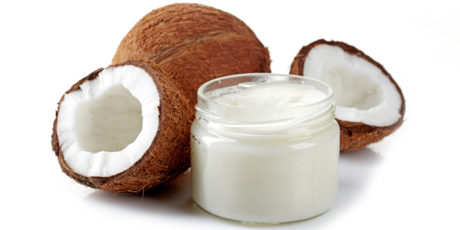
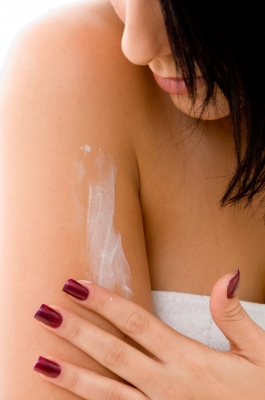
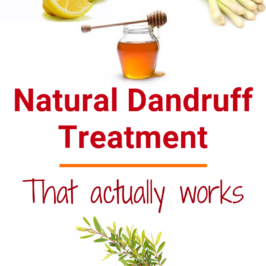
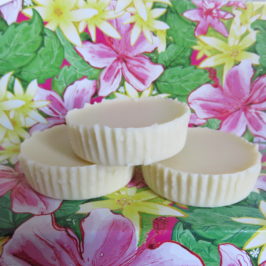
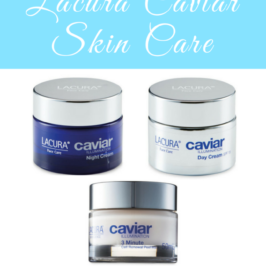
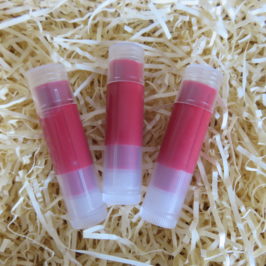
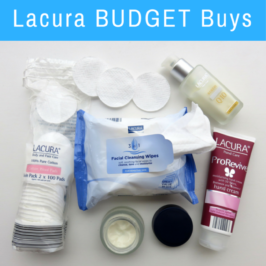
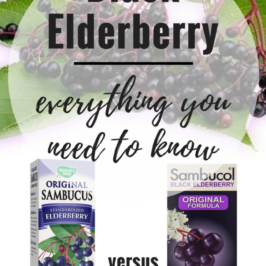
Leave a Reply